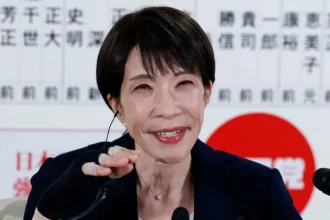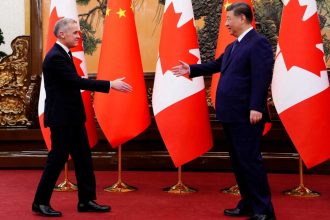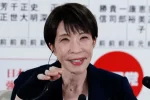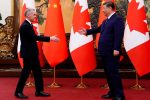Myanmar’s military government has announced that the second phase of its multi-stage election will take place on January 11, according to state media reports on Wednesday. This announcement follows the first phase scheduled for December 28, and has been met with skepticism from the international community, including Western nations, the United Nations, and human rights organizations, who have widely condemned the election as neither free nor fair.
Since the military coup in 2021, which ousted the civilian government led by Nobel laureate Aung San Suu Kyi, Myanmar has spiraled into political chaos. The coup ignited a nationwide armed resistance and deepened divisions across the country, leaving the people yearning for peace, justice, and genuine democracy.
The junta leader, Min Aung Hlaing, has openly admitted that elections will not take place across the entire country. The upcoming second phase will cover 100 townships, including parts of Yangon, the nation’s largest city and commercial hub. However, most pro-democracy parties have either been banned or have refused to participate, calling the process illegitimate.
United Nations Secretary-General Antonio Guterres remarked bluntly, “I don’t think anybody believes that those elections will be free and fair,” during the recent ASEAN Summit, where Southeast Asian leaders expressed concern but admitted their inability to halt the planned elections.
Despite the junta’s grip on power, resistance movements — both established ethnic armed groups and new local militias — have continued to challenge the military, reclaiming control over several territories. Yet, the junta’s own December census revealed that it managed to conduct voter registration in only 145 of Myanmar’s 330 townships, casting further doubt on the credibility and inclusiveness of the upcoming vote.
Adding to the democratic crisis, Aung San Suu Kyi’s National League for Democracy (NLD) and 39 other political parties were dissolved two years ago by the junta-controlled election commission, after failing to re-register under the new rules imposed by the military.
For the people of Myanmar, this election is not a symbol of progress—it is a painful reminder of a dream deferred. While ballots may be cast, voices of true democracy remain silenced. The world watches as Myanmar’s citizens continue their struggle for freedom, dignity, and representation—against all odds.








